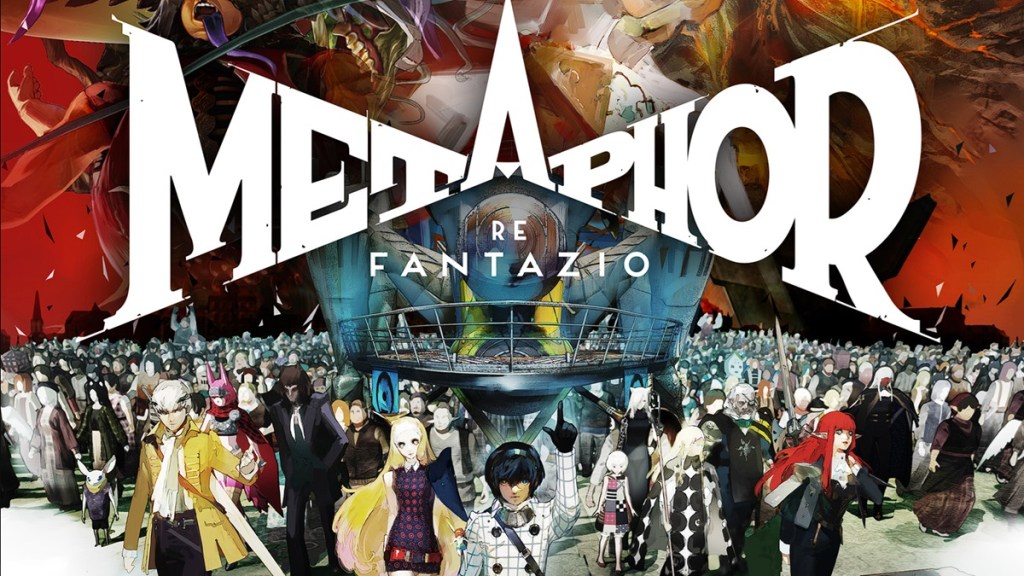On concept alone, Metaphor: ReFantazio works. This new IP from Atlus attempts to reinvigorate the classic fantasy JRPG genre by introducing the familiar calendar of the popular Persona series and the press turn combat from the mainline Shin Megami Tensei series. Through a modern lens, Metaphor reexamines…
-
Redefines the JRPG genre
-
Maturely deals with heavy subjects and themes
-
Archetypes allow for a lot of build flexibility
-
100-hour adventure with plenty of content
-
Improves upon Persona's calendar system and social links
-
Overworld combat is improved but can be finicky
-
Dungeons are not as imaginative as Persona 5's











